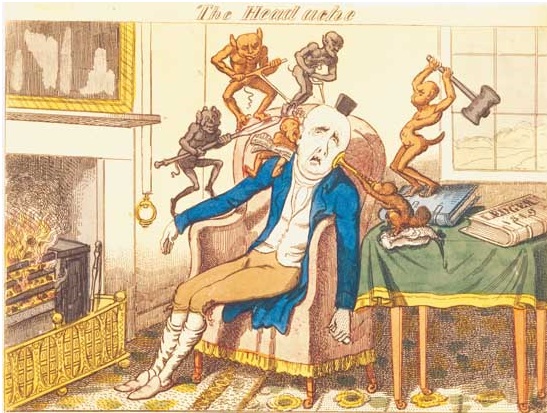The influence of quaternary rhythm on the perception of clinical and subjective states of adult patients on dialysis
Abstract
The treatment of hemodialysis patients requires intense restrictions and the need for constant dialysis sessions directly influences the quality of their lives. The objective of this study was to determine how the pace compounds influences the perception of time and emotions and the appearance of the most common complications (hypertension and pain) during hemodialysis in relation to musical intervention. The study was conducted in a private hospital with 38 patients on hemodialysis, who underwent a session of musical improvisation on a keyboard, in which the subjective, clinical status and time perception were assessed as controls during and after the intervention. More than 80% of patients felt better and also noticed the time go faster, after the intervention. In the clinical setting, the study suggested that improvised music acted positively, but it was not a decisive factor in the decrease of the tables of hypertension and pain.
Downloads
-
Abstract222
-
PDF (Español (España))154
-
PDF (Português )154
The works published in this magazine are subject to the following terms:
1. The Publications Service of the University of Murcia (the publisher) preserves the copyright of the published works, and encourages and allows the reuse of the works under the license for use stated in point 2.
© Servicio de Publicaciones, Universidad de Murcia, 2011 (© Publications Service, University of Murcia, 2011)
2. The works are published in the electronic edition of the journal under Creative Commons Reconocimiento-NoComercial-SinObraDerivada 3.0 España(texto legal) “ a Attribution-NonCommercial-NoDerivatives 3.0 Spain license (legal text)”. They can be copied, used, broadcasted, transmitted and publicly displayed, provided that: i) the authorship and original source of their publication (journal, publisher and URL) are cited; (ii) are not used for commercial purposes; iii) the existence and specifications of this license is mentioned.
3. Conditions of self-archiving. Authors are allowed and encouraged to electronically disseminate the pre-print (pre-reviewed ) and / or post-print (reviewed and accepted for publication) versions of their works prior to publication, as it ensures a wider circulation and dissemination which may lead to a possible increase in its mention and a higher scope among the academic community. RoMEO color: green.













